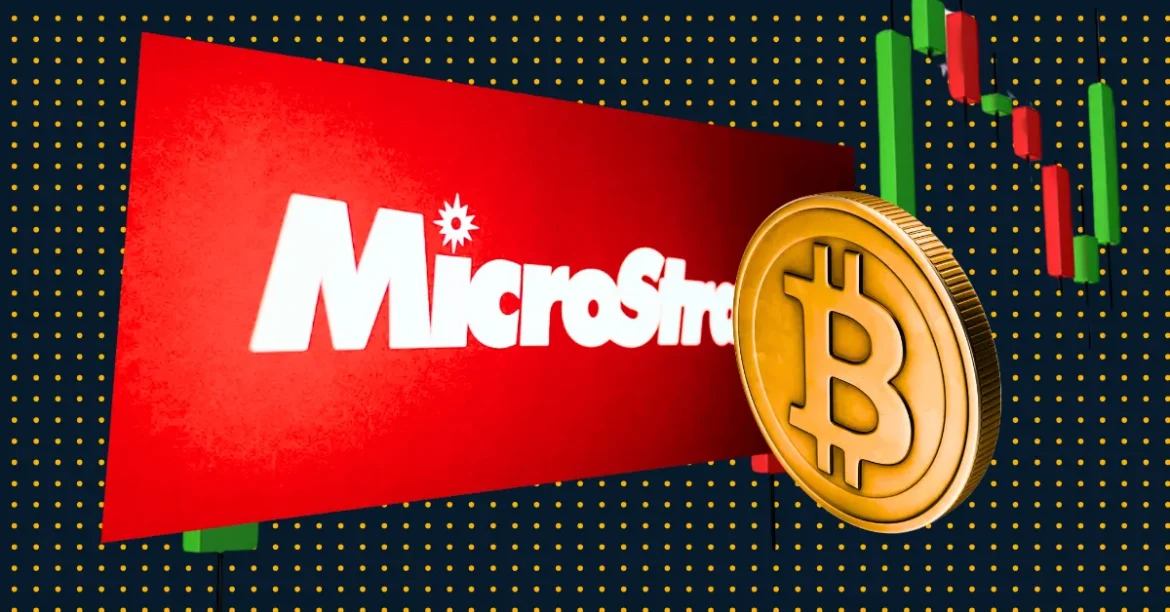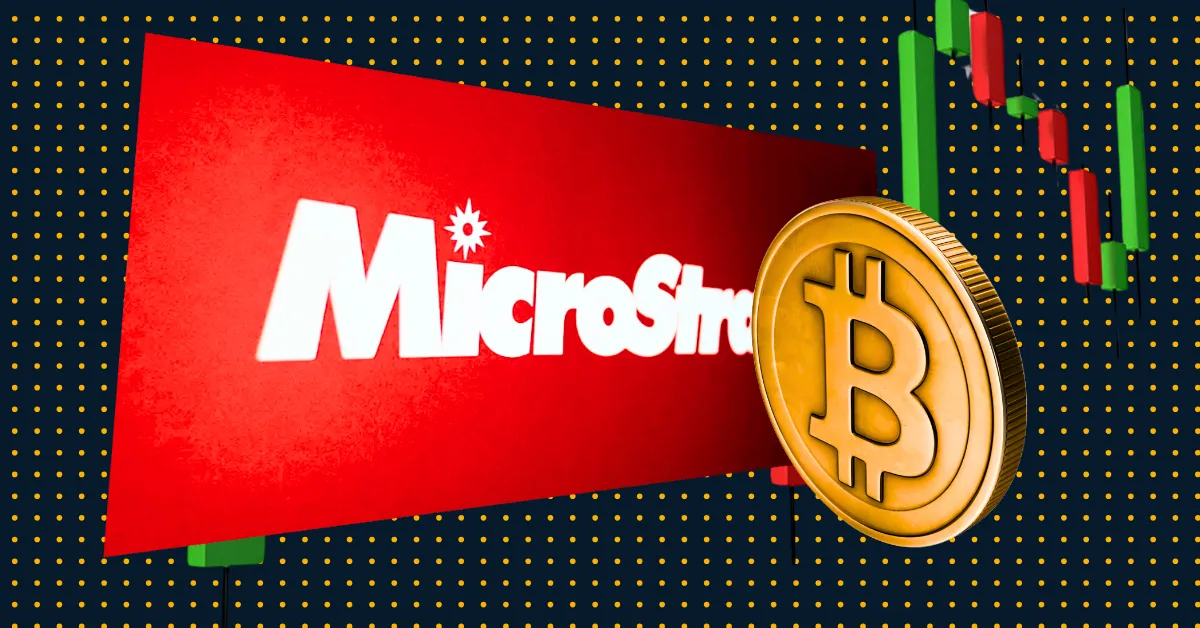MicroStrategy’s Bitcoin Strategy: Catalyst for a Corporate Crypto Revolution
The narrative of MicroStrategy, now rebranded as Strategy, is inseparable from Bitcoin’s evolution in the corporate world. Starting its Bitcoin journey in August 2020, MicroStrategy initiated a pioneering treasury strategy by purchasing 21,454 BTC, marking the world’s first corporate treasury bitcoin acquisition. This bold move has since escalated into the largest bitcoin holding by any public company, forging a new path for corporate investment strategies.
MicroStrategy’s Expansive Bitcoin Holdings: A Dominant Force
In 2025, Strategy holds approximately 582,000 BTC, representing an extraordinary 2.771% of Bitcoin’s total circulating supply. This dwarfs the next largest public holder, Marathon Digital Holdings, with only about 49,179 BTC (0.234%). Strategy’s holdings comprise a significant portion of the 31% of bitcoins held by just 216 entities, including 101 public companies. Remarkably, corporate entities collectively acquired nearly 157,000 BTC worth $16 billion in 2025 alone, with Strategy responsible for an unprecedented 77% of these purchases.
This scale underscores MicroStrategy’s market impact, often contributing between a quarter and over three-quarters of corporate Bitcoin acquisitions in given periods, driving demand beyond typical market growth and new bitcoin supply.
The Shift from Software to Strategic Bitcoin Treasury
Strategy’s metamorphosis from an enterprise software provider focused on business intelligence to a “bitcoin treasury company” epitomizes a larger trend in corporate America. Its software business has shrunk in prominence as bitcoin’s role on the balance sheet has escalated, signaling a new corporate identity centered on cryptocurrency acquisition and holding. This shift reflects a strategic hedge against inflation and a bet on Bitcoin’s long-term value proposition.
Emerging Corporate Bitcoin Buyers: A Growing Megatrend
MicroStrategy’s aggressive bitcoin accumulation has catalyzed a broader corporate adoption wave. By 2025, the number of publicly traded companies incorporating bitcoin into their treasuries surged to 80, a 142% increase from 33 in 2023. These companies span technology, finance, crypto mining, and media sectors — Tesla, Block, and a media company founded by Donald Trump among the notable names.
This rapid adoption stems not only from bitcoin’s potential as an inflation hedge but also from regulatory clarity and growing institutional acceptance. Indian firms, such as the 77-year-old Jetking training company, are expanding bitcoin treasuries, buoyed by sympathetic regulatory environments and hopeful about blockchain technology’s future.
Risk and Controversy in Strategy’s Bitcoin Approach
Despite acclaim for its pioneering spirit, Strategy’s bitcoin strategy is not without its critics. The company’s market capitalization, around $110 billion, and its relentless bitcoin buying spree raise concerns about valuation rationality and the sustainability of such a model, especially as bitcoin prices rise. Skeptics warn about the potential collapse if bitcoin markets falter, cautioning that such concentrated exposure introduces systemic risks for shareholders.
Yet, the willingness to issue new shares to finance bitcoin purchases reveals steadfast conviction in bitcoin’s value. The company’s stock price has shown strong correlation with bitcoin’s performance, underscoring the intertwined fate of Strategy and the cryptocurrency.
Bitcoin Purchasing Outpaces Supply: Implications
Corporate demand for bitcoin exceeds the new supply by a factor of 3.3 in 2025, demonstrating an intense acquisition pace. This buying pressure significantly impacts bitcoin’s market dynamics, potentially supporting higher price floors as institutional investors hoard an appreciating asset for the long term.
The implications are twofold: it authenticates bitcoin’s role as a corporate reserve asset and signals enduring institutional confidence, but it also concentrates bitcoin ownership among a relatively small number of economically motivated entities, influencing liquidity and market behavior.
Comparing Bitcoin and Strategy as Investment Choices
While Bitcoin itself faces volatility and regulatory scrutiny, Strategy offers investors indirect exposure through a public company stock. In 2025, Strategy’s shares outperformed bitcoin somewhat, up about 20% amid bitcoin’s struggles, offering a different risk and reward profile. Investors may weigh their preference for direct cryptocurrency holding against a regulated corporate vehicle with operational business elements and bitcoin exposure.
Conclusion: MicroStrategy’s Legacy and the Corporate Bitcoin Era
MicroStrategy’s transformation into Strategy and its landmark bitcoin treasury strategy have crystallized a new era where corporations boldly adopt bitcoin not just as an investment, but as an intrinsic balance sheet asset. This model is sparking a megatrend, with hundreds of companies following suit, challenging traditional treasury norms and reshaping capital allocation strategies.
As bitcoin becomes a cornerstone of corporate reserves, its market dynamics grow ever more entwined with institutional confidence and strategic corporate behaviors. Strategy’s success and the accompanying controversies spotlight both the promise and perils of this paradigm shift. Ultimately, what began as a bold experiment by MicroStrategy is maturing into a defining trend that could reverberate throughout global finance for years to come.





